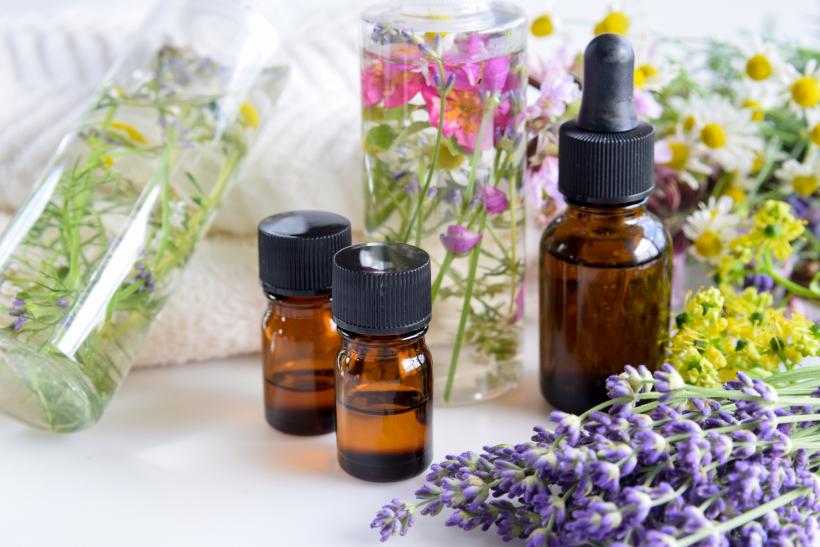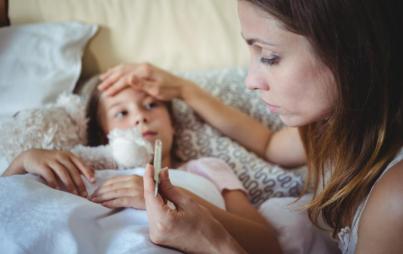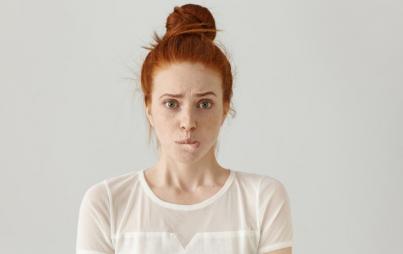
So What Are Essential Oils, Anyway?
Essential oils have become incredibly popular over the last ten years and can be found everywhere from your local farmer’s market and community festival to direct sales “parties” on social media. The result of this ready availability is a market flooded with information on all the wonderful things essential oils can do for you and your family, but also plenty of misinformation and healthy consumer skepticism.
Are the claims of incredible healing powers and the ability to replace your usual cleaning arsenal full of “toxic chemicals” accurate, or is it just snake oil and marketing? Can you ditch your Neosporin, Prozac, and Lysol in favor of a few oils and some recipes you got from the Internet or a direct sales rep?
It’s a tough call. Some folks call bunkus while others stand firm. The truth is probably somewhere between miracle potion and useless scam, but there haven’t been enough actual, legit studies to come to a consensus.
What we do know is this: Some EOs work for some things. Let’s break it down.
So What Are Essential Oils, Anyway?
Essential oils are concentrated plant oils, extracted from the plant through distillation or maceration. According to PDQ Integrative, Alternative, and Complementary Therapies Editorial Board, “Essential oils (also known as volatile oils) are the basic materials of aromatherapy. They represent the fragrant essences found in many plants. These essences are made in special plant cells, often under the surface of leaves, bark, or peel, using energy from the sun and elements from the air, soil, and water. If the plant is crushed, the essence and its unique fragrance are released.” Simply put, they are what make pine trees smell like pine trees and lavender smell like lavender.
Annndddd, How Do They Work Exactly?
The theories behind aromatherapy, or the use of essential oils to improve psychological and physical well-being, suggest that the chemical compounds found in oils directly affect our bodies when inhaled or absorbed through the skin, similar to how drugs affect our bodies. By utilizing certain oils in certain ways, certain effects are achieved because of the way the oils.
This is where it gets a little murky. There have been studies to test the efficacy of oils in doing certain things: relieving anxiety and depression, treating nausea and vomiting in pregnancy, antibacterial properties, improving sleep, to name a few, and the results are a mixed bag. While studies have shown an improvement in various symptoms when patients are treated with EOs, the mechanism by which they work remains a mystery.
According to the University of Maryland Medical Center, “Researchers are not entirely clear how aromatherapy may work. Some experts believe our sense of smell may play a role. The "smell" receptors in your nose communicate with parts of your brain (the amygdala and hippocampus) that serve as storehouses for emotions and memories. When you breathe in essential oil molecules, some researchers believe they stimulate these parts of your brain and influence physical, emotional, and mental health.”
What Can They Do?
Well, if you ask science (which you should,because science knows a lot more than your direct sales company rep), EOs can actually do some pretty legit stuff. Used correctly (Inhaled or applied topically. Never, ever, ever, ever, ever, ingest essential oils. Ever.), aromatherapy can be used to treat anxiety, depression, insomnia, pain, and infection. Some midwives and doulas use aromatherapy to reduce stress and fear in laboring women. Studies have even shown efficacy in decreasing blood pressure with neroli oil.
How Do I Use Aromatherapy?
Essential oils can be used topically, diluted in a carrier oil like grapeseed or coconut, and applied directly to the skin. Undiluted oils should never be applied directly to your skin as irritation may occur. Once diluted, oils can be massaged into your skin. EOs can also be added directly to bath water.
Oils may also be inhaled, either from cloth, a wearable diffuser, or humidifier/diffuser. Essential oil diffusers are available at most home goods stores and some pharmacies. They are similar to humidifiers and, as the name implies, diffuse EOs mixed with water into the air.
Again, essential oils should never, ever be ingested. Differences in quality, purity, and concentration make ingestion risky because dosing can be very inaccurate resulting in a multitude of harmful side effects.
Are EOs Safe For Everyone?
Emphatic no. Essential oils are not benign substances, and some people should avoid exposure, both via inhalation or topical application. Pregnant women are especially sensitive to certain oils during their first trimester. Risks decrease as the pregnancy continues, but pregnant women should exercise an abundance of caution with any oil.
Children should also not be exposed to some oils, particulary eucatlyptus, peppermint, and some rosemary, as these can cause respiratory difficulty.
As with any alternative therapy, research before use, talk to your healthcare provider, and use your best judgement.








